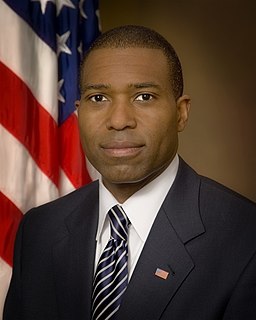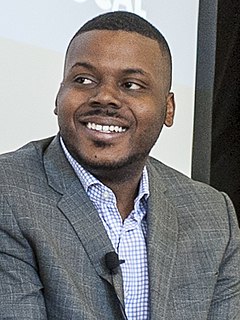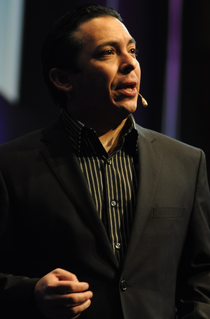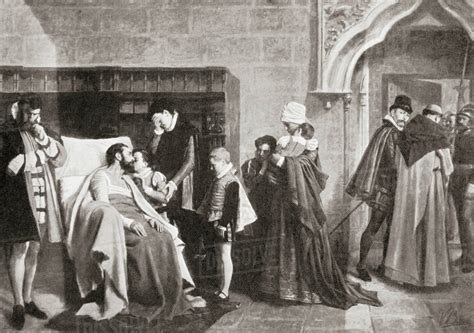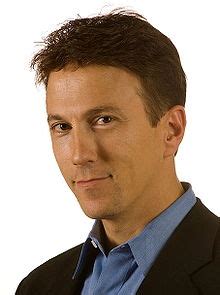A Quote by Tony West
Drivers' work is outside the usual course of Uber's business, which is serving as a technology platform for several different types of digital marketplace.
Related Quotes
Whether railroads or electricity or the Internet, there is always some sense that this is the new, redemptive platform - that finally, finally, we've found the platform that will allow us all to lead a democratic, global existence, where all problems will be solved. And the idea that the old platform becomes obsolete, "this kills that," and so on, also often accompanies the advent of a new technology. The digital platform is no exception.
History is littered with great firms that got killed by disruption. Of course, the personal computer, a technology that first took root as a toy, got Digital Equipment Corporation. Kodak missed the boat for a long time on digital imaging. Sony was slow to get MP3 technology. Microsoft doesn't know what to do with open source software. And so on.
